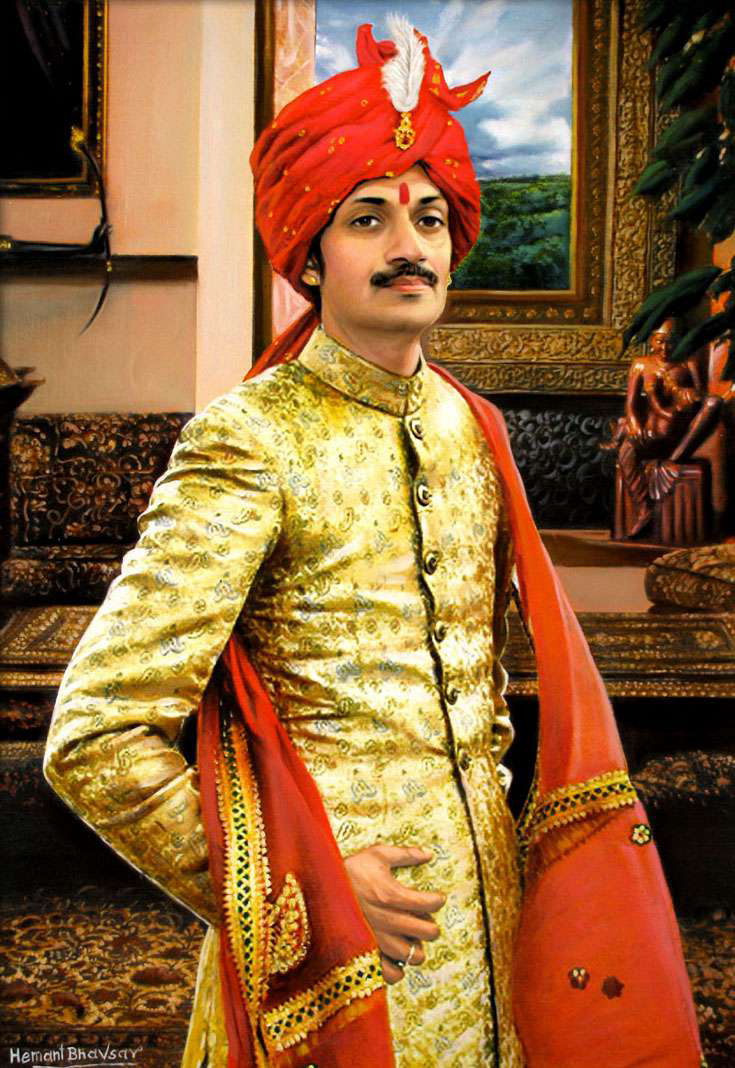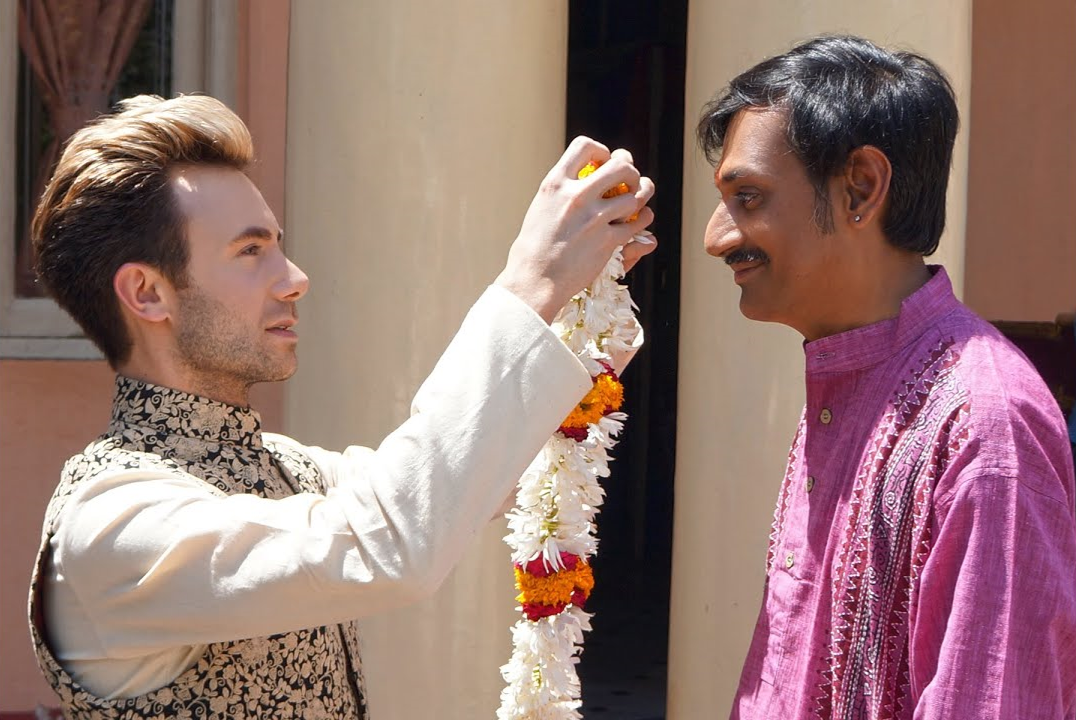A child of a grand family that once ruled over the province of Rajpipla in India, grew up in the family’s glorious castles and mansions and was being primed to take over an empire that goes back 600 years. But then abruptly he gave an interview that set off furious violence in his empire, and he faced a lot of heat. Since coming out as gay in an interview, Prince Manvendra Singh Gohil has become part of many debates in India.

Manvendra was born on 23 September 1965, in Ajmer, and the only son of Maharaja of Rajpipla, Gujarat, Raghubir Singhji Sahib, and his wife Maharani Rukmini Devi. India abolished the princely order in 1971, but the honorary titles are still commonly used for royal offspring, and ancestral duties are still carried out. Manvendra was nurtured at Bombay Scottish School and at the Amrutben Jivanlal College of Commerce and Economics. After that, his parents arranged his marriage, in January 1991, and he married Chandrika Kumari, a princess of Jhabua in Madhya Pradesh. Once he got married, it became clear to him that he wasn’t interested in women, and the couple ended their marriage 15 months later, a split that caused an uproar in royal circles. After the divorce, he was wracked with guilt and confused about his sexuality.

Moreover, there was increasing pressure from family to remarry. And after he suffered a nervous breakdown in 2002, his psychiatrist recommended him the first step in his therapy was to come out to his parents, and it was the beginning of his cold hardship, his parents thought that it is some kind of disorder. But every doctor his parents consulted told them the same thing, homosexuality was not a disease or a mental disorder. His parents finally gave up on medical science and decided to try religion instead. For three years, they took him to numerous religious leaders around the country. There were financial impacts to his coming out, he was wiped out from several family businesses and that his mother threatened to urge the government to discontinue budget for the Lakshya Trust.
Now, after several years, the victim of anti-LGBTQ revolt has grown familiarized to the spotlight and become a vocal activist for the gay rights movement. Apart from his work with the Lakshya Trust, he is a founding member of the Asia Pacific Coalition on Male Sexual Health and is an ambassador consultant of the AIDS Healthcare Foundation. As part of his efforts, Prince Manvendra has appeared on “The Oprah Winfrey Show” three times, exchanged life stories with Kris Jenner on “Keeping Up With the Kardashians” and is working to establish a shelter for LGBTQ people on his property in the Indian state of Gujarat. He is also working with many other aid agencies to prevent the spread of H.I.V. among gay men.

Prince Manvendra and his husband, DeAndre Richardson, have spent the last few months in lockdown getting the shelter for disowned LGBTQ people. They foresee a safe space where those who have been disowned by their families can get back on their feet and learn job skills. Prince Manvendra is cautiously optimistic about the future. He is not sure if he will become the next honorary maharaja of Rajpipla, but he would prefer to keep working for his motive because the role of maharaja comes with a lot of responsibilities and duties that would divert him from his activism.
